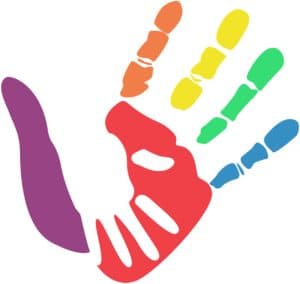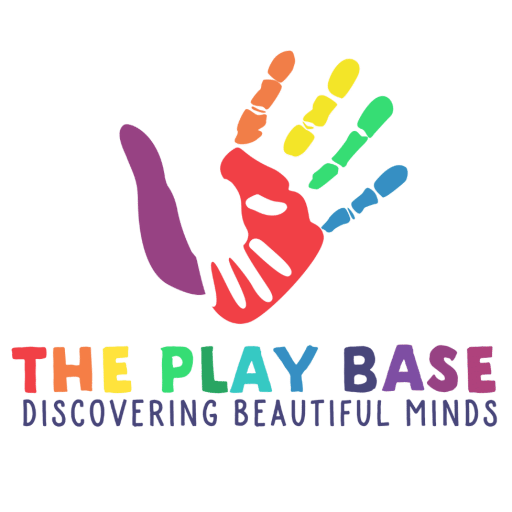For parents and caregivers of children with autism, finding effective treatments can be a challenging task. One of the most researched and effective treatments for autism is Applied Behavior Analysis (ABA) therapy. The Play Base in South Florida is dedicated to providing quality ABA therapy services. Here’s a comprehensive guide to ABA therapy and its application for children with autism.
WHAT ARE THE ABCs IN ABA THERAPY?
The ABCs in ABA therapy refer to:
- Antecedent: This is what happens right before the target behavior. It can be an event, environment, or a specific request made by someone.
- Behavior: The targeted action or behavior you are observing.
- Consequence: The result or outcome that immediately follows the behavior.
Understanding the ABCs helps in assessing and analyzing the cause of certain behaviors, making it easier to develop strategies to promote positive behaviors and reduce negative ones.
WHAT SHOULD WE EXPECT DURING AN ABA THERAPY CONSULTATION?
During an ABA therapy consultation:
1. A certified behavior analyst will meet with the child and family to gather information about the child’s behavior and needs.
2. They will observe the child in different settings to understand their behavior patterns.
3. Parents might undergo ABA parent training to learn how to support their child’s treatment.
The goal is to gather as much information as possible to develop a tailored therapy plan.
HOW ARE ABA PLANS DEVELOPED?
Once the ABA assessment is completed:
1. Behavior analysts will identify specific goals for the child, based on the child’s needs and family priorities.
2. A detailed plan is designed using data from the assessment, including strategies and techniques to change or modify behaviors.
3. The plan will be periodically reviewed and adjusted based on the child’s progress and changing needs.
WHO PROVIDES ABA SERVICES?
ABA services are provided by certified behavior analysts, often referred to as BCBA (Board Certified Behavior Analysts). They undergo rigorous training and certification in the field of behavior analysis. Additionally, registered behavior technicians (RBTs) work under BCBAs and provide direct therapy to children.
HOW LONG DOES ABA THERAPY LAST?
The duration of ABA therapy varies from one individual to another. Factors influencing duration include the child’s needs, goals, and how they respond to the therapy. Some children may require a few months, while others might benefit from years of therapy. Regular assessments help determine the therapy’s duration.
WHAT ARE THE BEST TECHNIQUES FOR CHANGING BEHAVIOR?
There are several effective techniques in ABA therapy:
1. Positive Reinforcement: Rewarding the child when they show a desired behavior.
2. Discrete Trial Training: Teaching in simplified and structured steps.
3. Pivotal Response Treatment: Teaching skills in a more natural setting.
4. Task Analysis: Breaking complex tasks into smaller steps.
DOES ABA THERAPY WORK?
Multiple studies have consistently shown that ABA therapy is effective for many children with autism. Children undergoing ABA therapy often show significant improvements in communication, social skills, and adaptive living skills. Furthermore, early intervention using ABA can lead to the best outcomes.
ABA therapy is a scientifically-backed treatment that has shown to be incredibly effective for many children with autism. With its structured approach, understanding of individual behaviors, and a focus on positive reinforcement, it provides children with the tools they need to succeed.
*For those in South Florida looking for comprehensive ABA therapy services, The Play Base is here to guide and support you and your child. Reach out today to schedule an assessment and start your child’s journey to a brighter future.*
Frequently Asked Questions (FAQ)
WHAT IS THE ABA THERAPY SUCCESS RATE?
ABA, or Applied Behavior Analysis, therapy has been studied and practiced for decades. Its success rate often depends on individual goals set for each person and the consistency of therapy. When focusing on early and intensive intervention for children with autism, many studies have shown that ABA can lead to improvements in communication, social relationships, and other key areas. However, “success” is varied and is often determined on a case-by-case basis.
Factors that influence the success rate include:
1. The number of hours of therapy provided.
2. The consistency and quality of the intervention.
3. Family involvement and reinforcement of skills at home.
4. The specific challenges and strengths of the individual receiving therapy.
While many individuals and families have seen positive outcomes from ABA therapy, it is essential to remember that each person is unique. Not everyone will experience the same degree of change, and success can look different for each individual.
WHAT DOES ABA THERAPY STAND FOR?
ABA therapy stands for “Applied Behavior Analysis” therapy. It is an evidence-based approach that applies principles of learning and behavior to improve socially significant behaviors. The primary aim of ABA therapy is to increase behaviors that are helpful and decrease behaviors that are harmful or affect learning. It’s most commonly known for its effectiveness in treating individuals with autism spectrum disorders, but it has also been applied to various other fields, such as education, health, and even business.
ARE EARLY INTERVENTION AND ABA THE SAME THING?
No, early intervention and ABA are not the same thing, but they can be related. Here’s a breakdown:
Early Intervention (EI): Early Intervention refers to services and support provided to infants and young children (typically up to age 3) who have developmental delays or disabilities. The goal is to help these children catch up in their developmental milestones and improve outcomes later in life. EI can encompass a range of services, including physical therapy, occupational therapy, speech therapy, and sometimes, ABA therapy.
ABA (Applied Behavior Analysis): As previously explained, ABA is a type of behavioral therapy focused on improving specific behaviors and skills. While ABA can be a component of early intervention for some children, especially those with signs of autism, it’s just one of many potential therapies used within the broader framework of early intervention.
Early Intervention is a broader term encompassing various therapies and services aimed at young children with developmental delays or disabilities, while ABA is a specific type of behavior therapy that can be used within or outside of early intervention programs.









